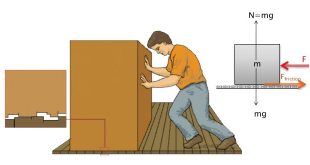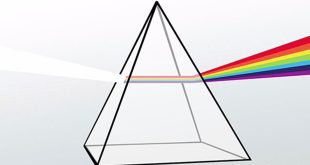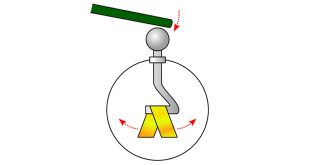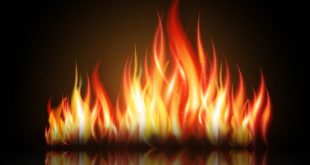Friction: 8th Class NCERT CBSE Science Chapter 12 Question: What is friction? Answer: Friction is a force that slows down moving objects or prevents stationary objects from moving. Question: On what principle do ball bearings work? Answer: Ball bearing works on the principle of rolling friction. Ball bearing contains steel balls …
Read More »NCERT 8th Class (CBSE) Science: Pollution of Water and Air
Question: What harm can dumping of untreated sewage into a river cause? Answer: Untreated sewage from homes is often disposed off into rivers. These wastes contain many harmful microorganisms – bacteria, viruses, fungi and parasites that cause diseases such as diarrhoea, dysentery, cholera, typhoid and jaundice. Question: Why is hot water …
Read More »NCERT 8th Class (CBSE) Science: The Universe
Question: While looking up at the sky, how can you distinguish between a planet and a star? Answer: While looking up at the sky, we can distinguish between a planet and a star by observing their twinkling nature. Stars twinkle at night sky whereas planets do not. Question: What is the …
Read More »Refraction and Dispersion of Light: 8 CBSE
Question: What do you mean by refraction of light? In which direction will light bend when travelling from an optically rarer medium to an optically denser medium? Answer: The bending of light as it passes from one transparent medium to another is called refraction. It occurs because light travels at lower …
Read More »NCERT 8th Class (CBSE) Science: Chemical Effects of Electric Current
Question: What is electric current? Answer: The flow of electrons constitutes an electric current. Question: How is electronic current different from conventional current? Answer: The flow of electronic current is from negative to positive whereas the flow of conventional current is from positive to negative. Question: Differentiate between conductors and insulators. Answer: Difference is as …
Read More »NCERT 8th Class (CBSE) Science: Light
Question: What is reflection of light? Answer: The objects send back the light which falls on them. This sending back of light by objects is called reflection of light. Question:What is the second law of reflection? Answer: The second law of reflection states that the incident ray, the normal and the …
Read More »NCERT 8th Class (CBSE) Science: Some Natural Phenomena
Question: Why does a comb rubbed on hair attract pieces of paper? Answer: The comb on rubbing became gets electrically charged and attract pieces of paper. This is called electrostatic force. Question: Under what conditions do charges attract or repel each other? Answer: Like charges repel and unlike charges attract each other. …
Read More »NCERT 8th Class (CBSE) Science: Sound
Question: How is sound produced? Answer: Sound is produced by rapid to-and-fro movements called vibrations. Question: Distinguish between infrasonic and ultrasonic. Answer: Difference is as follows: Question: What do you mean by time period of a vibrating object? Answer: The time taken for one complete vibration or oscillation is called its time period. Question:What is …
Read More »NCERT 8th Class (CBSE) Science: Conservation of Plants and Animals
Question: What is biodiversity? Answer: Biodiversity is the variety of plants, animals and microorganisms generally found in an area. Question: What do you mean by flora and fauna? Answer: Flora: Species of all plants found in a particular area is known as flora of that area. Fauna: Species of all animals found in …
Read More »NCERT 8th Class (CBSE) Science: Combustion and Flame
Question: What is combustion? Answer: The process of burning of substances in air or oxygen with the evolution of heat and light is known as combustion. Question: Distinguish between combustible and non-combustible substances, giving three examples of each. Answer: Question: Why is it more difficult to burn some combustible substances than others? Answer: Different substances …
Read More » Class Notes NCERT Solutions for CBSE Students
Class Notes NCERT Solutions for CBSE Students








